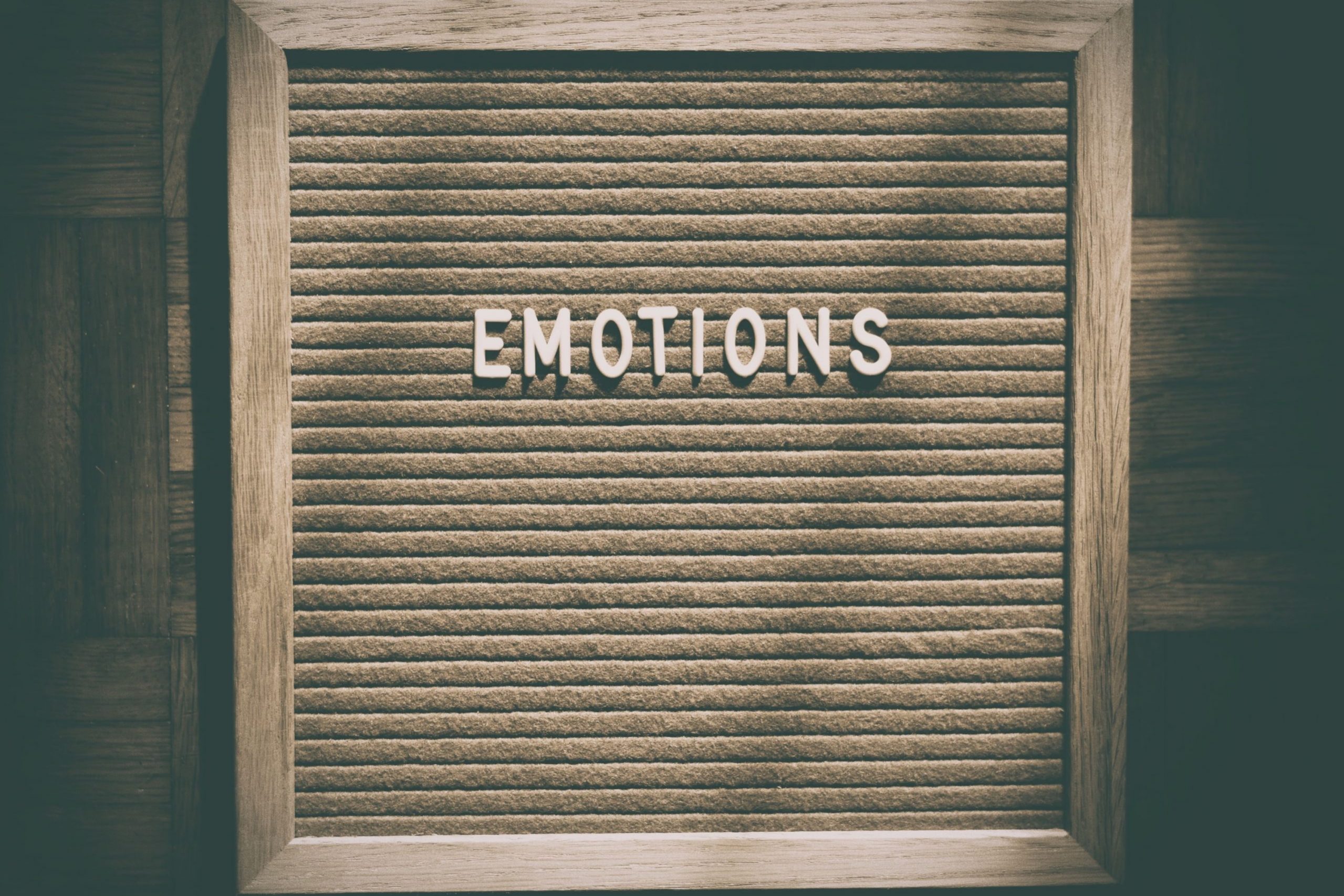During the past few months, everyone is experiencing multiple emotions such as anxiety, stress, loneliness, being overwhelmed, frustration, concern, and confusion. When you experience unpleasant emotions, you go into survival mode and stop thriving. Your immediate response is to fight, flight, or freeze. The areas of the brain responsible for taking in information are cut off during these moments of high levels of stress and, everyday creativity and performance are negatively affected. According to Charles Darwin, the theorist of evolutionary theory, emotions had an adaptive function. For example, the emotion of fear in the face of an event that is perceived as dangerous allows man to take a defensive attitude. This response has helped human beings to survive for millions of years. However, when you feel stress or anxiety over a long period, it can harm your health, relationships, and your ability to be present, work and thrive. On the other hand, positive emotions play the role of making you thrive and progress. Positive emotions expand your awareness, the ability to recognize your talents and know how to leverage your strengths.
Recognizing what triggers negative or positive emotions will allow you to feel more in control of external circumstances that impact life. You will be able to manage your emotions so that you can think clearly, make the best decisions, establish and maintain healthy relationships, and enhance well-being. Building a toolkit of regulation strategies is a lifelong process. As you grow and face life challenges, you will continue to learn and try new strategies. Experiencing more positive emotions is an effective strategy to continue to thrive, even in a difficult situation. This process will help you:
- Reduce stress or other unwanted emotions
- Improve health and well-being
- Support the development of more healthy life habits
- Contribute to maintaining more positive relationships
An  effective way to reconnect with positive emotions is to express gratitude for yourself, for what surrounds you or happens in your life. The practice of mindfulness, feeling hope, compassion, joy in your daily activities are further effective ways. When you learn to self-generate positive emotions more frequently, through meditation or changing the perspective of your attention, you lead yourselves into a dimension of growth. The daily practice of positive emotions influences the proper functioning of your immune system, on the ability to adopt healthy behaviors for physical and mental well-being. This process will help you to become emotionally intelligent. Daniel Goleman defines emotional intelligence as “the ability to recognize our emotions and those of others … to motivate ourselves and effectively manage emotions in ourselves and in our relationships”. This is a life learning process through which you understand and manage emotions, set and achieve positive goals, feel and show empathy for others, establish and maintain positive relationships, and make responsible decisions. Emotional intelligence is a skill that needs to be trained and develops more with age and experience. Being emotionally intelligent allows you to be aware of your real self, to be more optimistic and resilient. It’s about finding your truth and navigating emotions effectively, leading you to find productive ways to achieve your goals, support others, and attain well-being. To cope with the wide range of emotions surrounding the current crisis, people skilled in emotional intelligence may find ways to express empathy, experience more positive experiences and emotions, express gratitude, and connect to others to seek and provide support.
effective way to reconnect with positive emotions is to express gratitude for yourself, for what surrounds you or happens in your life. The practice of mindfulness, feeling hope, compassion, joy in your daily activities are further effective ways. When you learn to self-generate positive emotions more frequently, through meditation or changing the perspective of your attention, you lead yourselves into a dimension of growth. The daily practice of positive emotions influences the proper functioning of your immune system, on the ability to adopt healthy behaviors for physical and mental well-being. This process will help you to become emotionally intelligent. Daniel Goleman defines emotional intelligence as “the ability to recognize our emotions and those of others … to motivate ourselves and effectively manage emotions in ourselves and in our relationships”. This is a life learning process through which you understand and manage emotions, set and achieve positive goals, feel and show empathy for others, establish and maintain positive relationships, and make responsible decisions. Emotional intelligence is a skill that needs to be trained and develops more with age and experience. Being emotionally intelligent allows you to be aware of your real self, to be more optimistic and resilient. It’s about finding your truth and navigating emotions effectively, leading you to find productive ways to achieve your goals, support others, and attain well-being. To cope with the wide range of emotions surrounding the current crisis, people skilled in emotional intelligence may find ways to express empathy, experience more positive experiences and emotions, express gratitude, and connect to others to seek and provide support.
Think about the months ahead. How would you like to feel? What energy would you like to bring to your personal and professional life? Take a moment to think about and write down the emotions you would most like to experience in your life to continue to thrive.
Photo by Alexas_Fotos on Unsplash
Photo by Gabrielle Henderson on Unsplash








